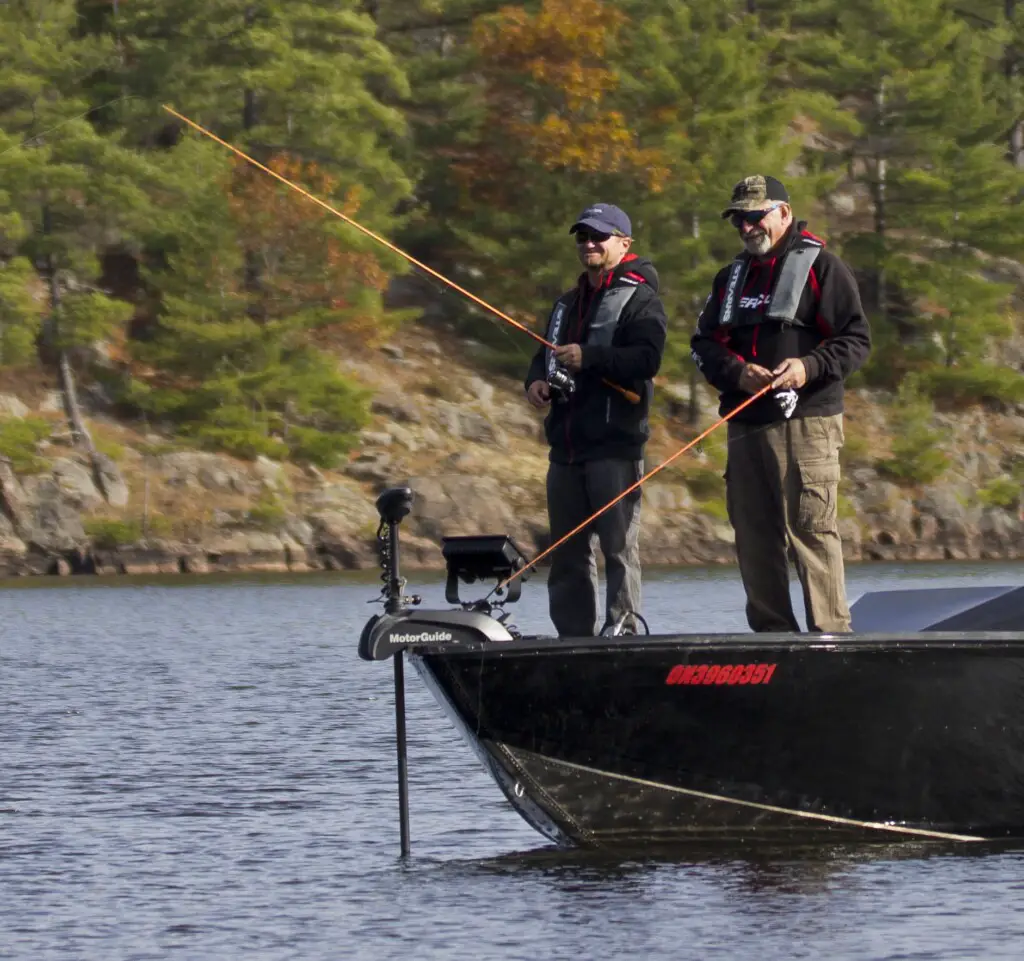Carrying on from our post yesterday regarding Bill C-246, Keep Canada Fishing has put out this latest document explaining some of the key points, please read:
Document courtesy of the office of MP Robert Sopuck in cooperation with the Canadian legal community.
Executive Summary
Current Law:
The Criminal Code of Canada already has comprehensive provisions that criminalize various kinds of cruelty and neglect to animals. Comprehensive Provincial animal cruelty legislation also exists.
The Courts have for decades consistently interpreted these provisions as not intending to forbid conduct that is socially acceptable or otherwise authorized by law, such as hunting, fishing and slaughter for food.
What does the Bill Change?
These are just some of the most serious problems with this Bill:
1) Offences against Animals would no longer be offences against “Certain Property”:
This one change is significant because it takes animal cruelty offences out of the section dealing with offences against “Certain Property” and moves to the section of the Criminal Code dealing with offences against persons, giving rise to the suggestion that animals are no longer a special type of “property”, but are beings entitled to rights similar to persons.
2) Inclusion of new “Recklessly” test:
The new section 182.1 includes the test of “recklessly” to the existing “wilfully” test for causing unnecessary pain, suffering or injury to an animal. This expands the kind of conduct that could be criminalized to include conduct “…of one who sees the risk and who takes the chance…” that pain, suffering or injury to an animal may occur.
3) New “kills an animal” offences:
The Bill adds two new offences that are not currently in the Criminal Code:
- 182.2(1) Everyone commits an offence who, wilfully or recklessly:…
- (b) kills an animal or, being the owner, permits an animal to be killed, brutally or viciously, regardless of whether the animal dies immediately;
- (c) kills an animal without lawful excuse;
This “brutally or viciously” test is completely novel, and does not appear to have previously been used in any Canadian statute, or interpreted in any Canadian Court.
Currently, “killing an animal” is not the focus of the Criminal Code. Cruelty, not killing, was the focus of the offences. This new test forces the Court to evaluate the method of killing chosen, and if it falls within the test, or there is no “lawful excuse”, criminalizes the behavior. “Lawful excuse” is not defined. Put together these two sections could have the effect of criminalizing many popular sporting, agricultural, aquacultural, commercial, scientific (medical research), and religious (Kosher or Halal butchering) activities involving animals, and violators can face up to 5 years in prison.
4) Addition of “negligence” standard:
This widening of the test for criminalizing from “wilfully” under the current section to the much lower “negligently” test in the new Bill can have the potential of criminalizing far more types of behaviour.
A person will no longer have to be wilfully cruel to be criminalized, just clumsy or incompetent.
This is a vast expansion of criminal liability to areas of activity that should not be affected by the Criminal law, or are already regulated under other existing Federal and Provincial legislation, and where the punishment for clumsiness can be 2 years in prison.
5) No specific exceptions for legal conduct to offences listed:
The Bill provides that 182.5 common law defences in sections 8(3) and 429(2) of the Criminal Code are not affected. But these are defences to the commission of the offence, not the exclusion of otherwise legal activities from being criminalized under the Criminal Code.
These specific legal activities (e.g. ranching, hunting, fishing, trapping, medical research etc.) should be clearly listed in the Bill, so that otherwise legal activities should be taken out of the Criminal Code completely and not criminalized.
6) Possible Constitutional issues:
Where a Federal bill criminalizes activity that is deemed lawful and regulated under Provincial law, constitutional issues relating to the validity of the statutes arise. This is another reason to clearly and specifically spell out which otherwise lawful activities are not being criminalized.
You can have your say too by telling your MP that you oppose Bill C-246 in its current form.








